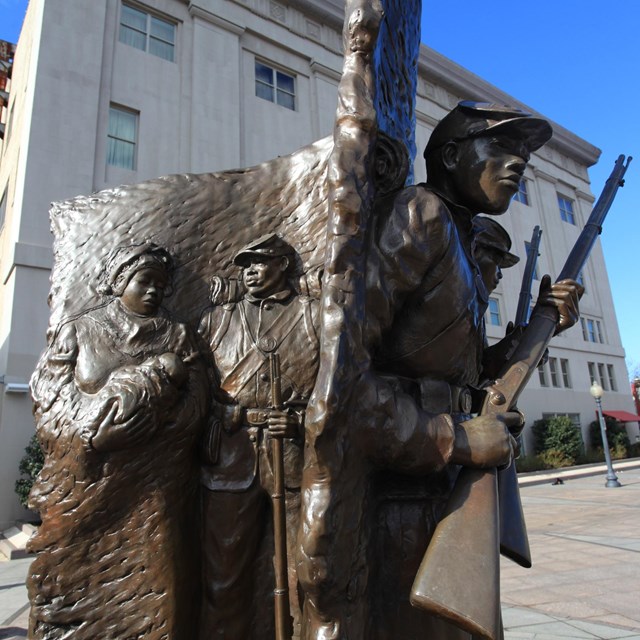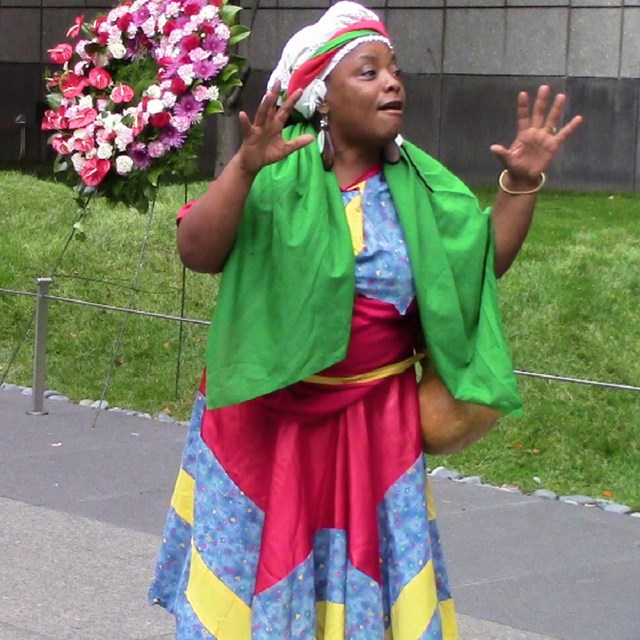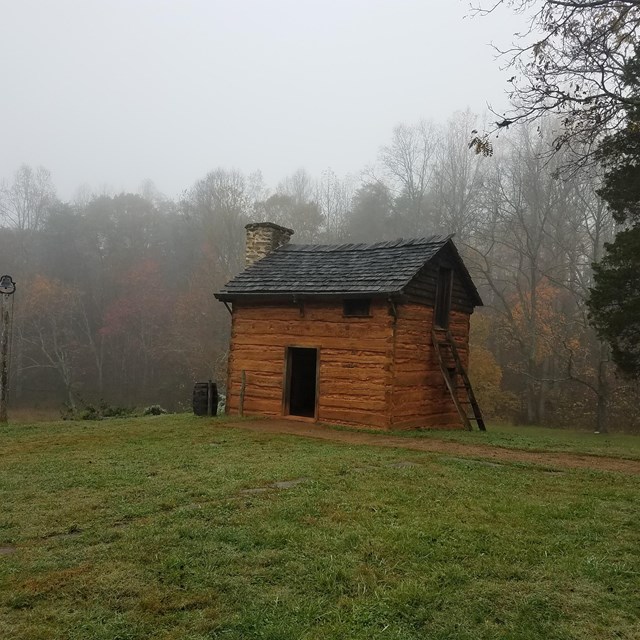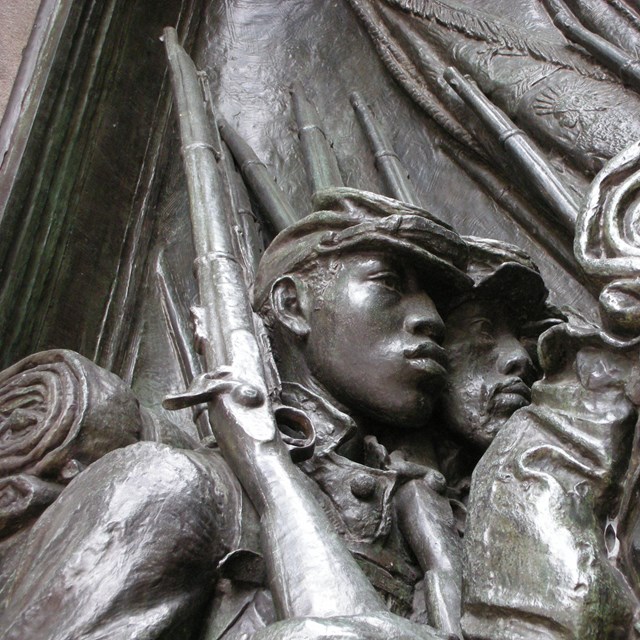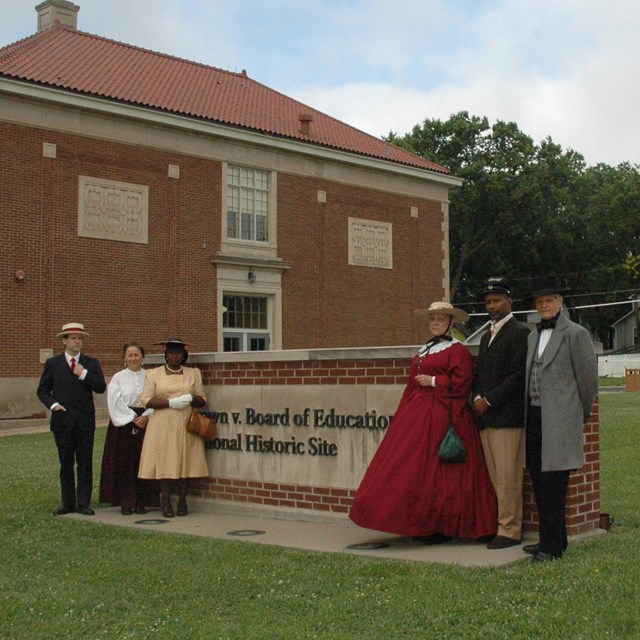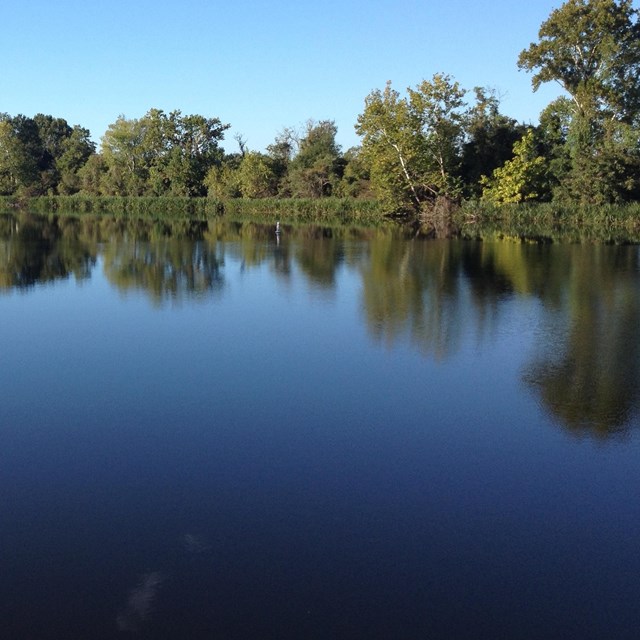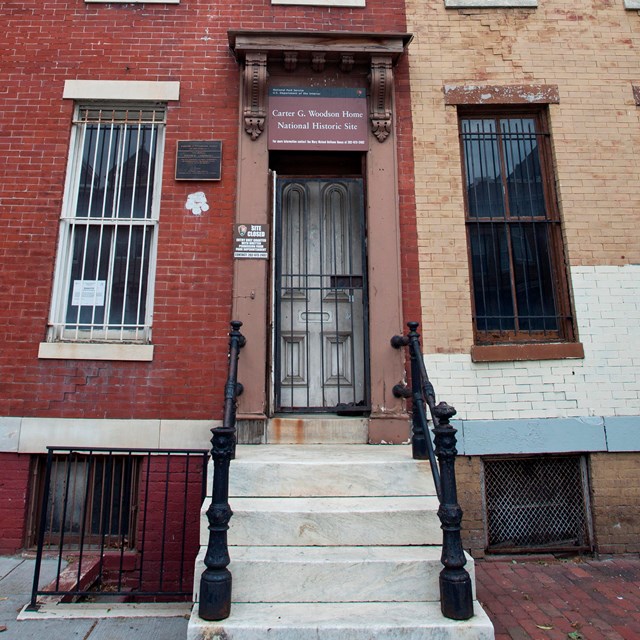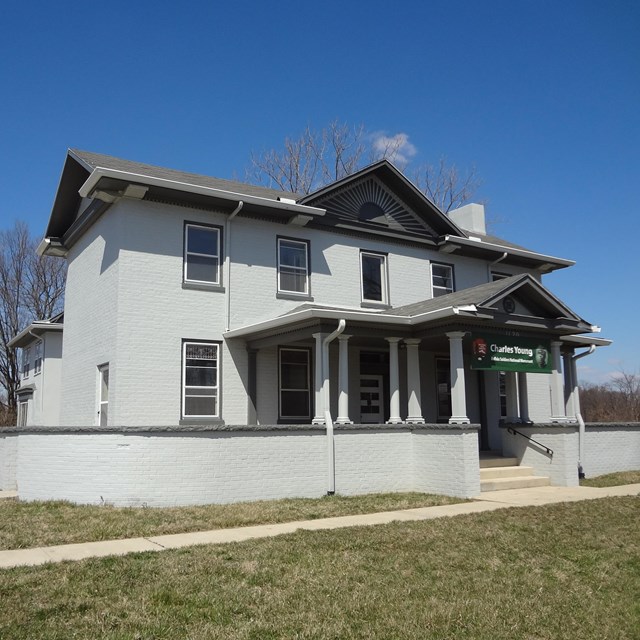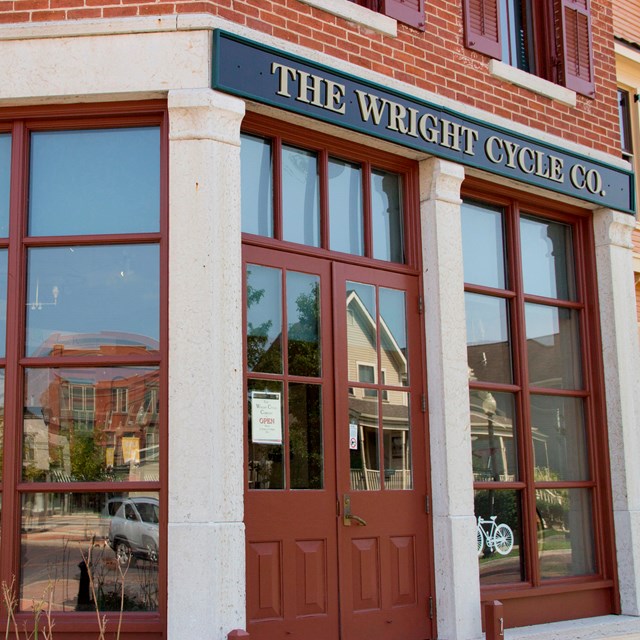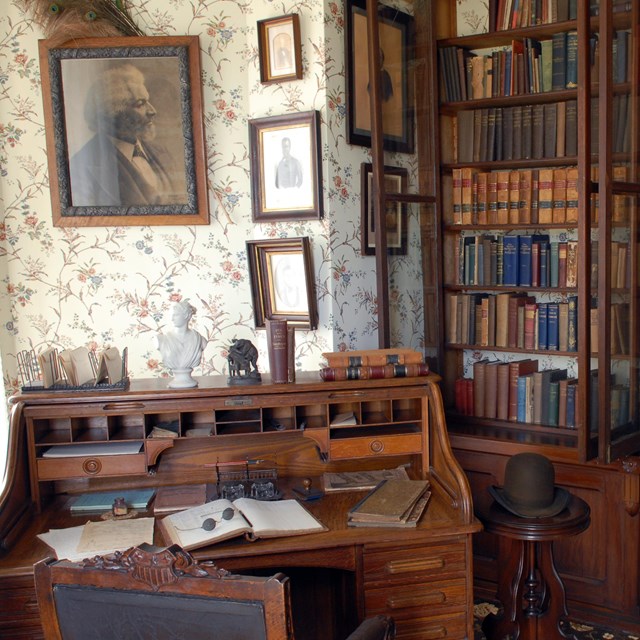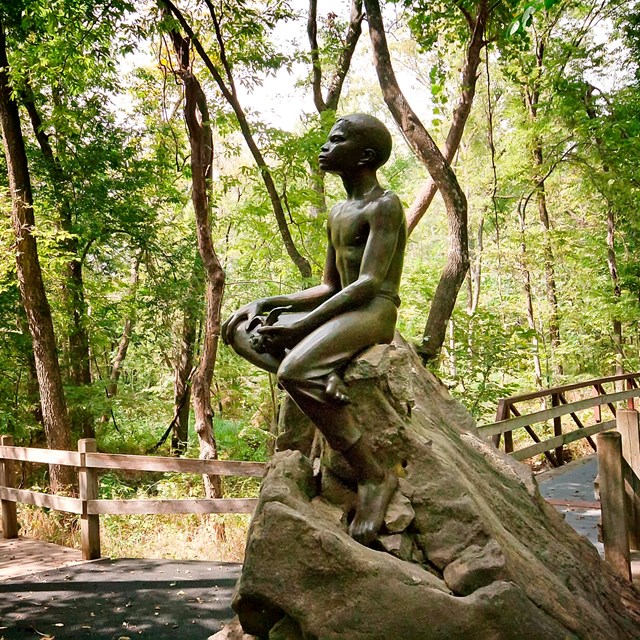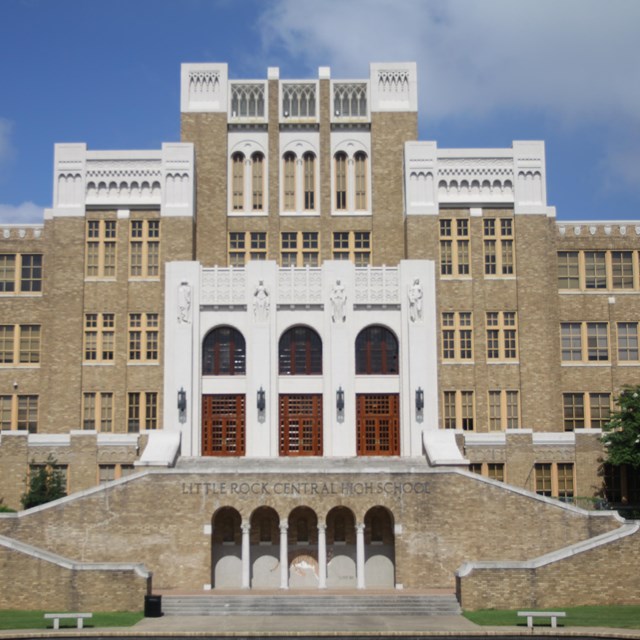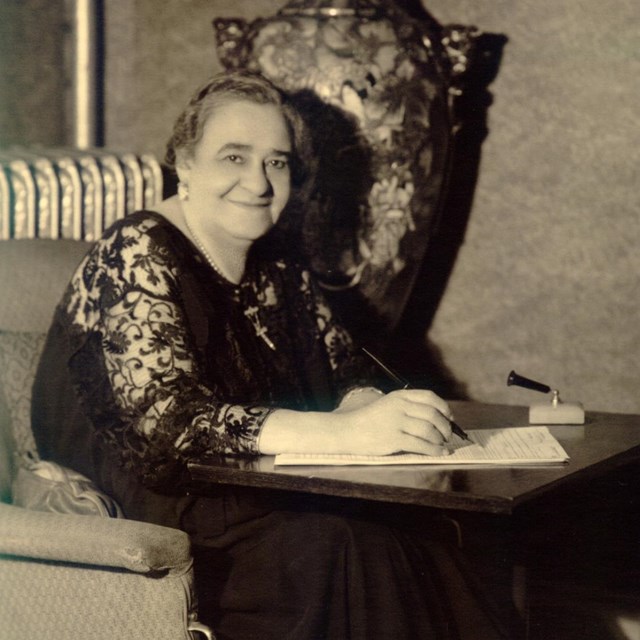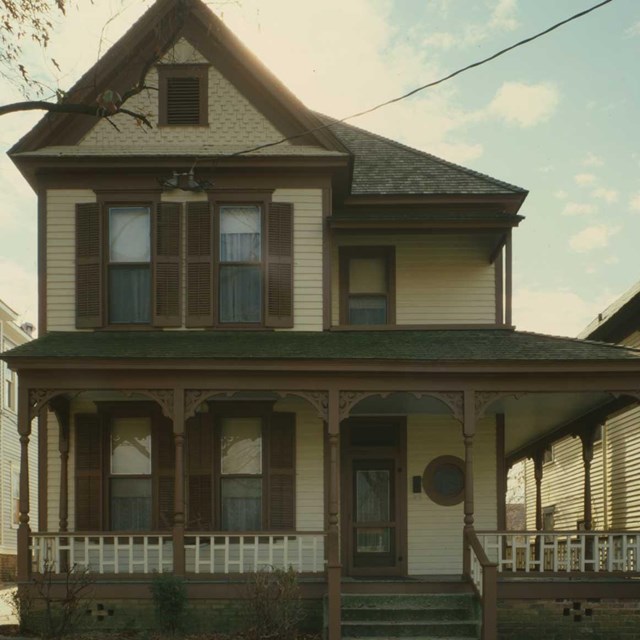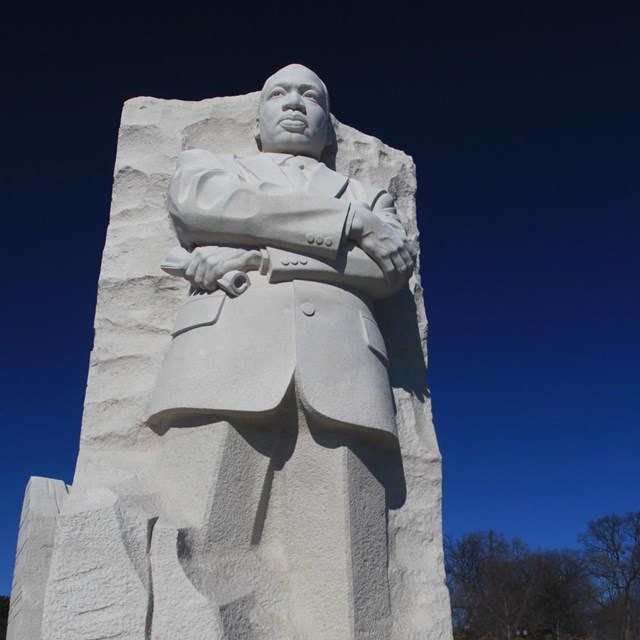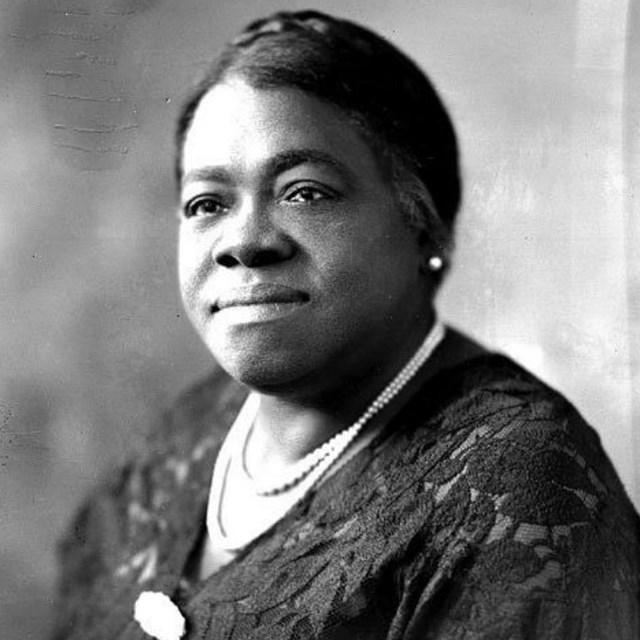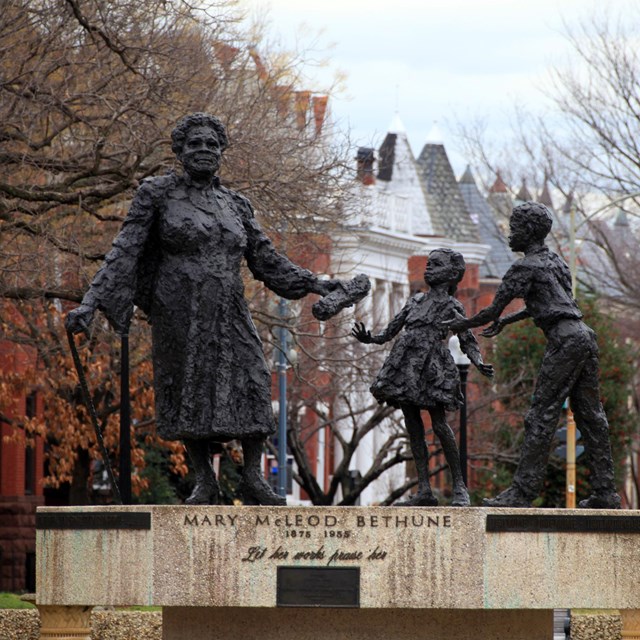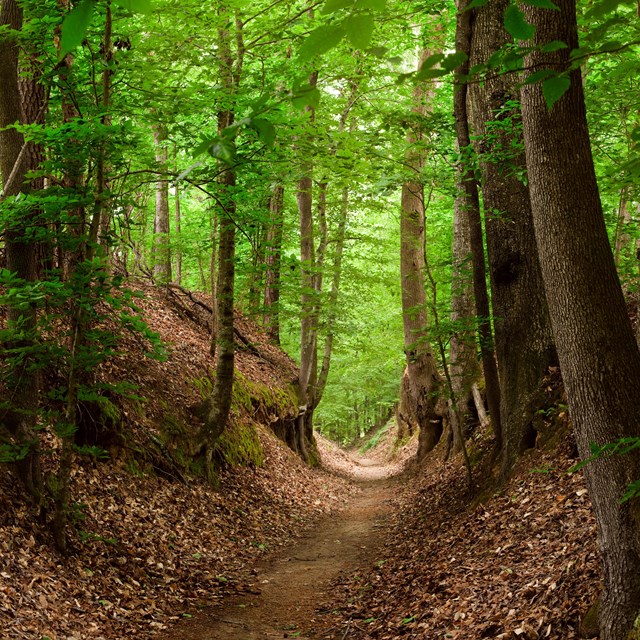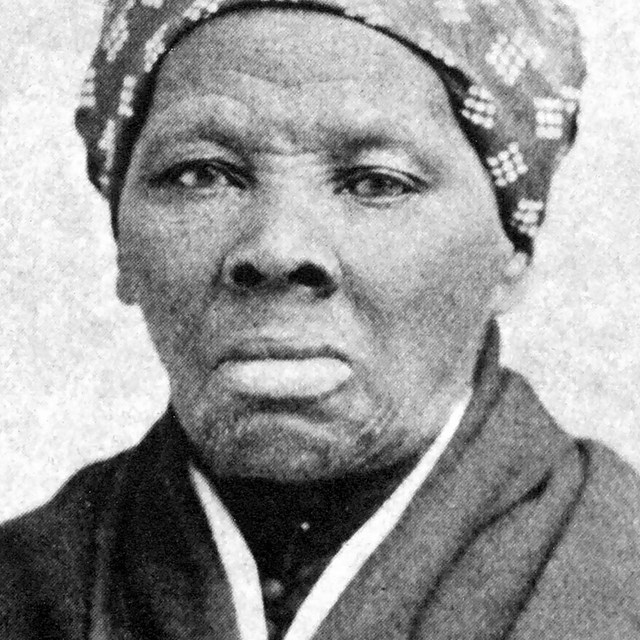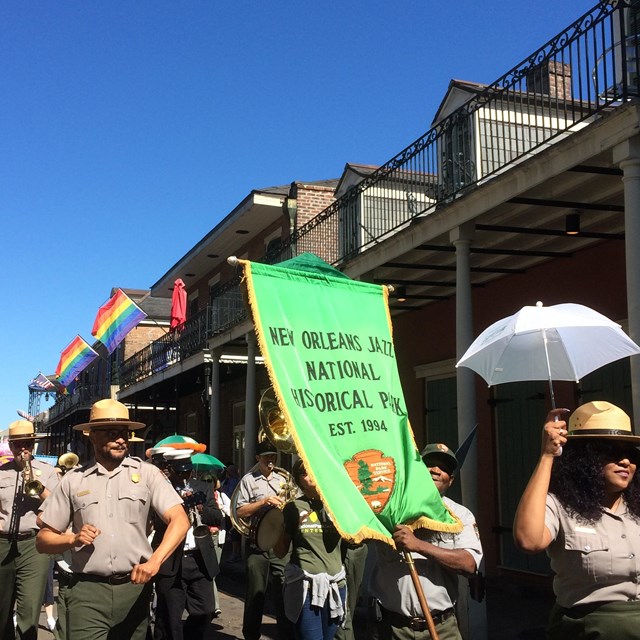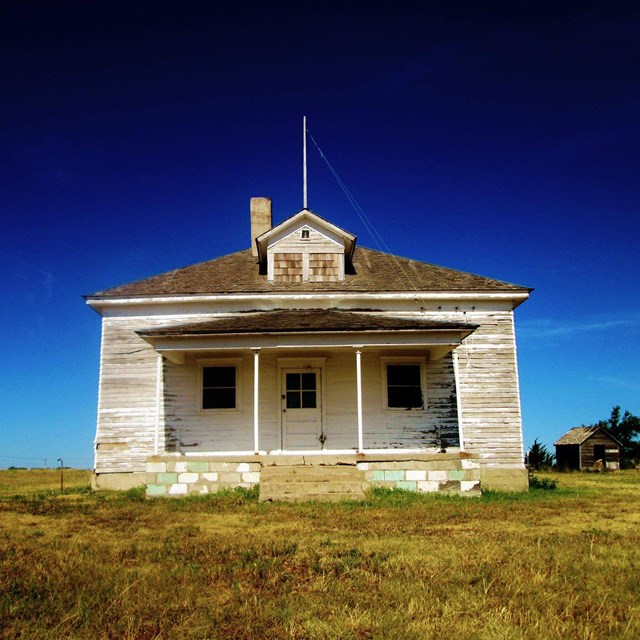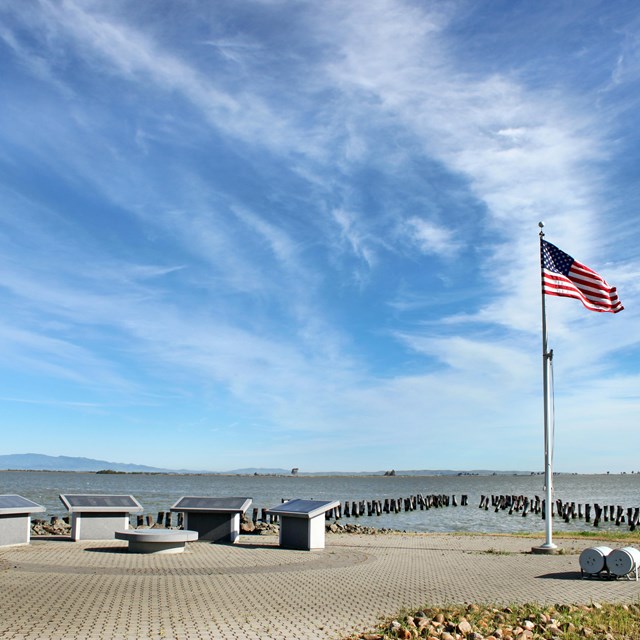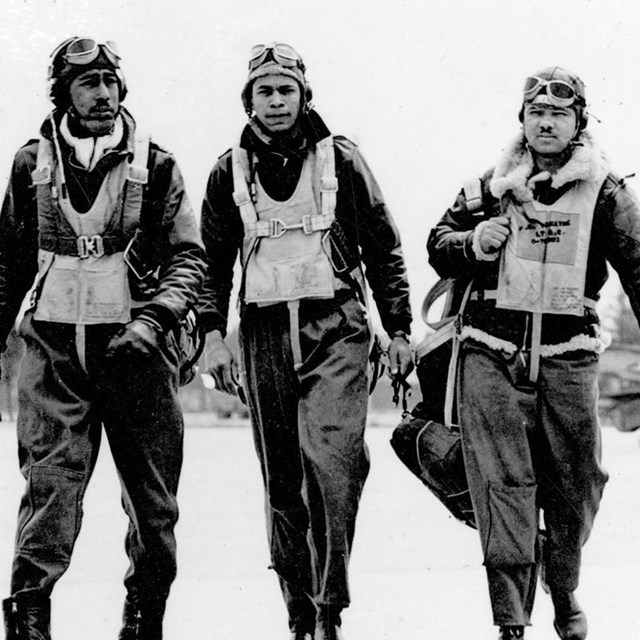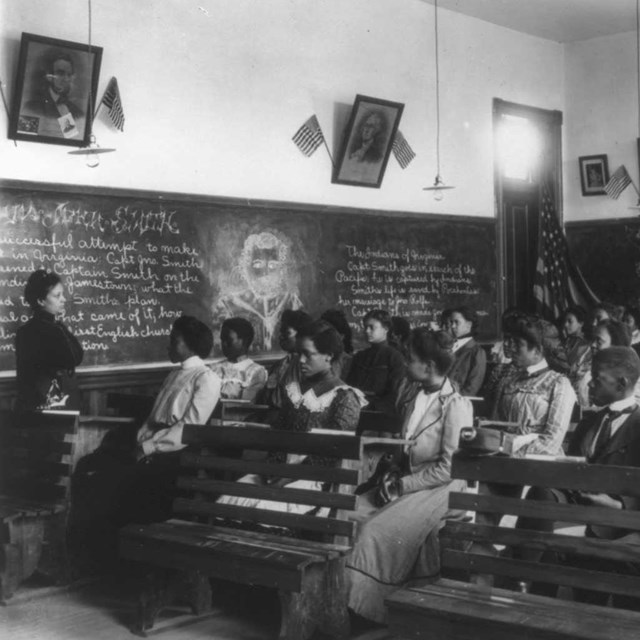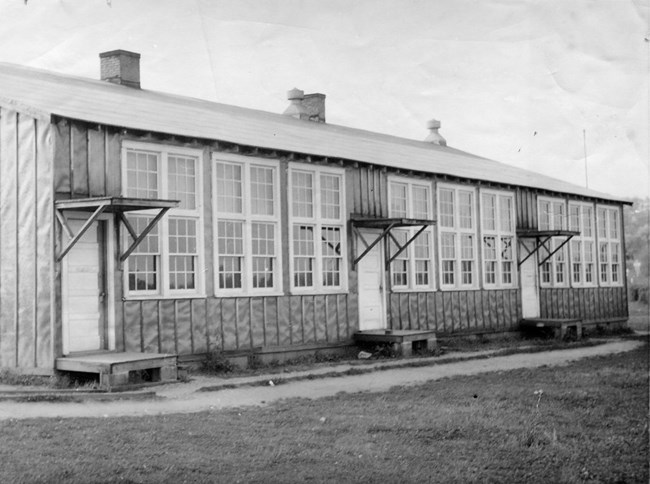
courtesy photo Despite these challenges, people of color pushed forward in Virginia. Over the centuries, Virginia had seen its share of protests and challenges by citizens demanding equality. However, it wasn’t until a boycott by African Americans protesting the Jim Crow segregation of street cars in Richmond in 1867 that laws were passed in the state that transformed what were once accepted practices into official segregation of public facilities by 1904. Though organized and willing to push back, African Americans in Richmond didn’t yet have the resources in the legal community to commit to an all-out opposition to segregation with the state legislature. Around the same time, the only means by which an African American student in Virginia could receive a high school diploma was by attending a private academy that were largely operated as church schools across the state. Public school education for Black students was limited to elementary schools through the eighth grade and were operated primarily by county school boards with a mostly rural student population. Virginia’s Prince Edward County’s public schools were considered relatively progressive compared to neighboring counties. This was mostly thanks to fundraising efforts by Martha Forrester and the Council of Colored Women to add grades 8-11o the segregated, Robert Russa Moton High School. Originally constructed in 1939 to house 180 students but the African American student population swelled to over 450 students by 1951. To keep pace with the growing population, tarpaper-walled shacks were constructed at Robert Russa Moton High School to house students. Farmville’s Reverend L. Francis Griffin wanted to use his position as the president of the local chapter of the National Association for the Advancement of Colored People (NAACP) and chair of the Robert Russa Moton High School PTA to leverage a deal with the county’s school board to build a new facility for the ever-increasing number of students. However, this request fell on deaf ears and the county school board took no action for several months. Frustrated by the overcrowding and inaction of the school board to approve a larger school building, the students decided to act. On April 23, 1951, school principal, M. Boyd Jones was called away on a false report of racial problems at the bus station in downtown in Farmville and Moton teachers received notes to bring their classes to the school’s auditorium. After the students had gathered, a committee of students led by sixteen-year-old Barbara Rose Johns asked the teachers to leave. The committee called students together so they could address their classmates. Johns discussed the inadequate conditions and mistreatment they suffered through indifference by county school board officials. She swayed the students to march out onto the school grounds and to strike in front of the school until county officials agreed to build a new school building. Barbara was the niece of Vernon Johns, an outspoken activist who had been the pastor of Dexter Avenue Baptist Church in Montgomery, Alabama from 1947 until 1952, just two years before Dr. Martin Luther King, Jr. would be selected as the new head pastor at the church. Despite being geographically separated from the Moton students, many people at the time believed that Pastor Johns gave students advice and counsel during the demonstration. This was disproven however years later, upon review of Barbara John’s personal diary. For two weeks, more than 450 students protested their conditions while Barbara Johns and Carrie Stokes, a fellow student, pleaded for assistance from the NAACP branch in Richmond to meet with the school superintendent to reveal student demands. NAACP attorneys Spottswood Robinson III and Oliver Hill responded by informing striking students that they would act on the students’ behalf only if they could garner parental support and were willing to challenge the constitutionality of segregation itself, not just to lobby for the construction of a larger, segregated school. The students agreed and returned to school on May 7, 1951. On May 23, 1951, Robinson and Hill filed suit on behalf of 117 students who were willing to sign on to the lawsuit. Despite Barbara Johns being one of the vital forces behind the student strike, the case was instead named after Dorothy E. Davis, the first person to sign the petition. While Spottswood Robinson was called to assist with another NAACP case, Oliver Hill stayed on to argue Dorothy E. Davis, et. al. v. County Schoolboard of Prince Edward County. Hill argued that conditions the students were forced to endure were unequal and unconstitutional under the 14th Amendment to the U.S. Constitution’s equal protection clause. Prince Edward county officials hired the best attorneys they could find in Richmond, and they were in turn assisted by Virginia State Attorney General, J. Lindsay Almond. They would argue that segregation was core to Virginia’s way of life and that the county school district was empowered to segregate under Plessy v. Ferguson (163 U.S. 537) of 1896. A three-judge panel at the U.S. District Court in Richmond unanimously rejected the NAACP’s argument stating, "We have found no hurt or harm to either race." They ruled in favor of segregation; however, they ordered the school board to “equalize” Robert Russa Moton High School to the same standards as the all-white high school(s) in the county. The case was then appealed to the U.S. Supreme Court, who consolidated the case alongside Brown v. Board of Education of Topeka and three other segregation cases. When the Supreme Court overturned the ruling and ordered desegregation of public educational facilities across the United States, white Virginians launched a campaign of massive resistance. The Board of Supervisors for Prince Edward County refused to appropriate any funds for the county school district for the period 1959-1964, effectively closing all public schools rather than to integrate. Prince Edward County schools remained closed for five years until the Griffin v. Prince Edward County case. Citations: “The Moton School Story.” 2022. The Moton School Story. July 14, 2022. https://motonschoolstory.org/. “Brown Case - Davis V. Prince Edward County | Brown Foundation.” n.d. https://brownvboard.org/content/brown-case-davis-v-prince-edward-county. Kluger, Richard. 2004. Simple justice: The History of Brown V. Board of Education and Black America’s Struggle for Equality. Vintage. African American Experience FundThe mission of the African American Experience Fund of the National Park Foundation is to preserve African American history by supporting education programs in National Parks that celebrate African American history and culture. There are 26 National Parks identified by the African American Experience Fund: |
Last updated: October 4, 2024

